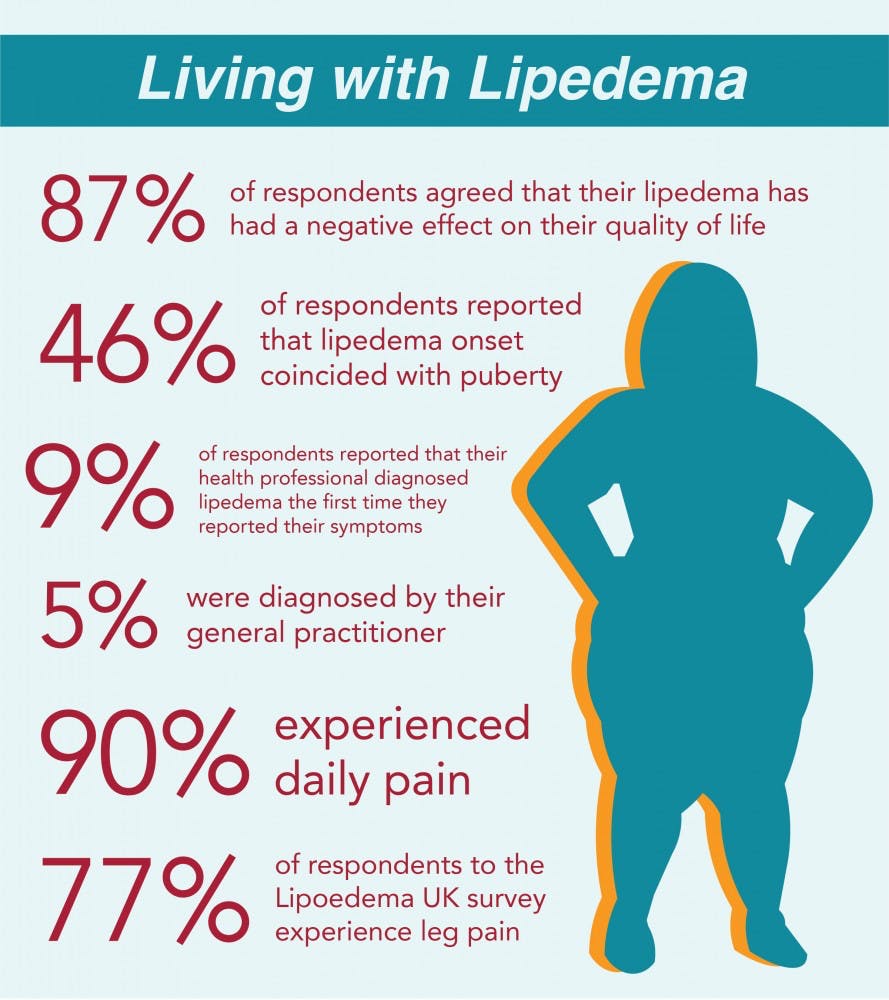
Lipedema is a painful and debilitating condition affecting approximately 10% of adult women. It is characterized by excessive and painful fat in gynoid areas (buttocks, hips, legs) and a relatively small waist circumference. By capitalizing on multiple complementary studies, we seek to robustly identify genetic risk factors for lipedema and follow-up on specific loci by measuring gene expression levels in affected and unaffected fat tissue.
By identifying the genes that cause lipedema, we can identify physiological mechanisms that may be therapeutically acted upon, and potentially make predictions of an individual’s risk for lipedema. A better understanding of the pathways and mechanisms underlying lipedema can thus lead to improved prevention and treatment.



